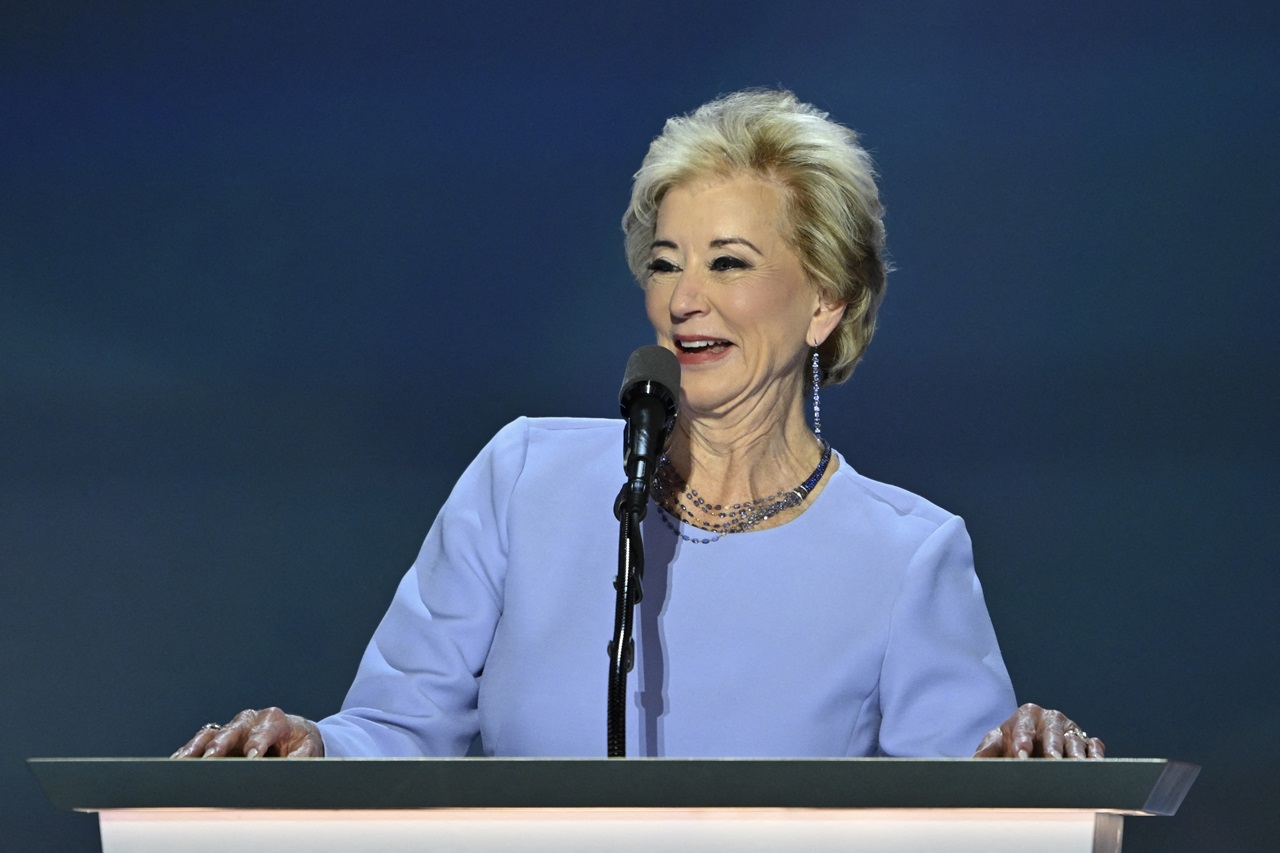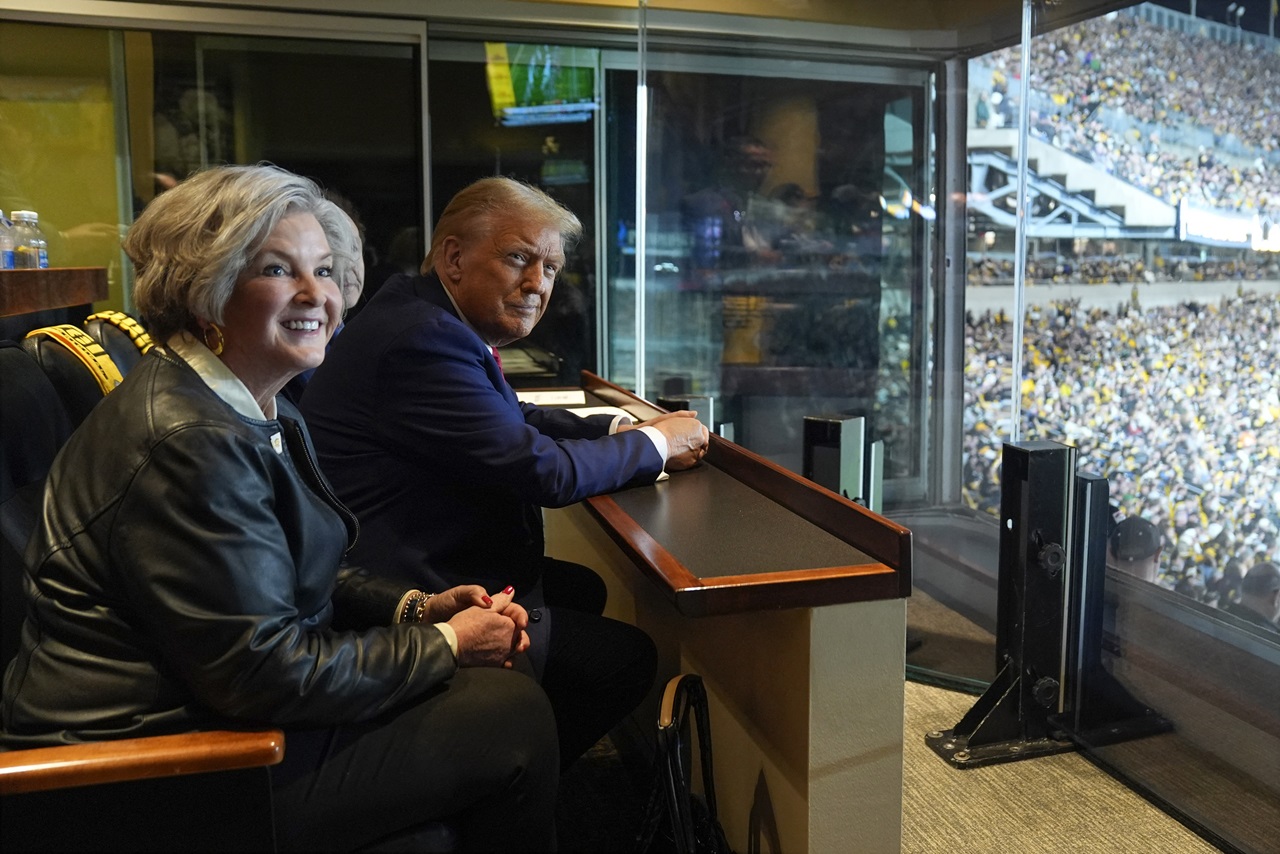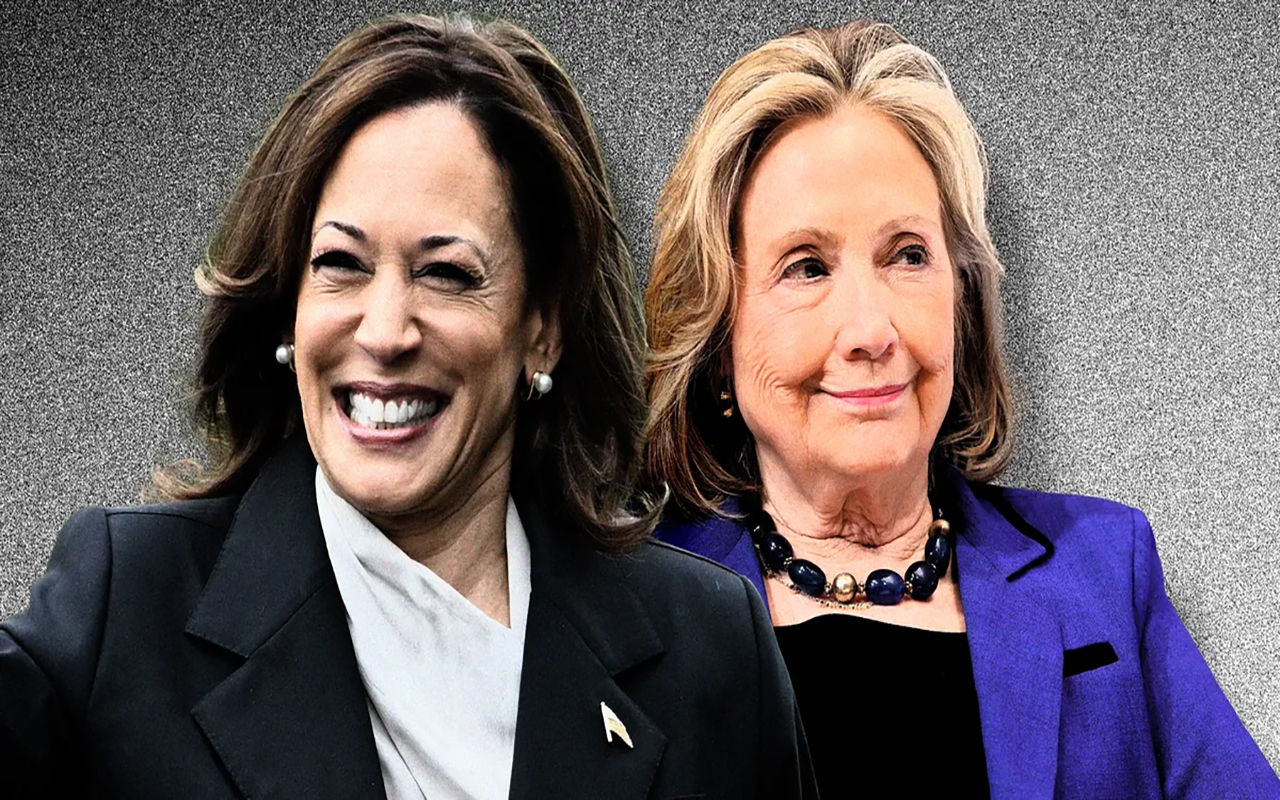It’s Quetcy’s turn: Quetcy Lozada maintains her incumbency following primary success
During a muggy November evening last year, Quetcy Lozada was hand-picked by ward leadership to succeed Maria Quiñones Sánchez after riding on her coattails for four rigorous terms.
Six months of campaigning later, in one of the few competitive, district-level city council elections, she became the voter’s choice to helm District 7 and now must take on Philly’s most visibly disinvested regions, blighted by poverty, the opioid crisis, and concentrated instances of gun violence.
“Thank you for your vote, your voice, and the opportunity to continue to do the work of change in our neighborhoods with you,” Lozada wrote in a statement released on her social media.
“I’ve made serving our community, my only priority, and I intend to continue that promise to serve residents in the community I grew up in for the next 4 years,” she said.
She defeated Andrés Celin on Tuesday, May 16, and is likely to coast through the general election since there is no Republican challenger on the ballot.
The quiet battle that brewed within District 7 in the last few months became a litmus test for voters, measuring whether they were ready to welcome the progressive ideas that Celin, an electoral newcomer, placed his political bets on.
But voter turnout data shows that in most wards, Lozada swept the vote by gathering over 70%-80% in a majority of the divisions. Celin was competitive on his own terms, having emerged as an underdog in divisions where he was either at a halfway vote split and in other wards, he obtained over 70%.
In the early days of the race, Lozada and Celin campaigned in parallel worlds and avoided messy conflict. Much of these efforts were in vain as negative campaign literature began to circulate through the neighborhood.
As the race progressed, Lozada grappled with tackling Celin directly, citing the need to maintain relationships after the election concluded. Celin, whose campaign leveled frequent criticisms at Lozada over her party-friendly posture, campaigned on new ideas for the district without necessarily committing to what he called “silver bullets.”
That may have worked against him deeper into the race. In forums, he was unable to commit to supervised injection sites “without the full backing of the community” whereas at the outset of his campaign, it had been his magnum opus.
Planning for the district
CONTENIDO RELACIONADO
Lozada’s first term, which began in January, rapidly changed course for how the district’s elected leader interacted with those heading the wards. Recent history showed the latter was extremely averse to working with Councilmember María Quiñones Sánchez and vice versa.
Lozada’s approach was quick to contrast that dynamic by showing a willingness to maintain a united front, something that the district hadn’t seen in over a decade. But chumminess with the wards, all of which are closed in the 7th, prompted new concerns about the party’s tactic to sink Lozada in entrenchment politics.
They’re the likes of which Quiñones Sánchez spent years avoiding and fielding her fair share of criticism that continues to mire her in the present. Still, it appears Lozada had a clear agenda.
Amid campaigning, she wasted no time to make her political stances known: an enforcement-first approach that included more police in the neighborhood and a further crackdown on the flow of illegal drugs and weapons.
She introduced a zoning overlay bill in council that would criminalize the construction of supervised injection sites at the heels of a settlement negotiation between the Department of Justice and Safehouse, an organization looking to pilot safe consumption centers in Philly.
Lozada’s measure, introduced in tandem with other city councilmembers who share her policy views on overdose prevention practices, is soon to go to a vote. This followed an earlier step taken by the PA State Senate, specifically, Senator Christine Tartaglione, who is hoping to outlaw the practice altogether in Pennsylvania.
And their efforts aren’t in vain. Governor Josh Shapiro, a Democrat, does not support supervised injection sites, a position he confirmed when announcing a crackdown on animal tranquilizers being illegally trafficked in drug markets across Philly and PA.










DEJE UN COMENTARIO:
¡Únete a la discusión! Deja un comentario.